#mobility
Going Android: Ford and Google Enter Six-year Data Partnership
On Monday, Ford and Google jointly announced a strategic, six-year partnership to accelerate the automaker’s connected vehicle and data service programs. Framed as part of Ford’s natural evolution into an information focused mobility firm, the release was loaded with corporate buzz phrases that we had to clean up. But the gist is that Ford would like to leverage Google Cloud for its products, meaning all future Ford models will be running Android operating systems starting in 2023.
This clears a pathway for improved integration from Google Assistant, Maps, Play, or any third-party applications catering to the incredibly popular OS. Unfortunately, it also highlights how gaga automakers are getting about data for the umpteenth time.
Auto Alliance Pitches Preferred U.S. Strategy: Government Money
The Alliance for Automotive Innovation (AAI) is proposing a national strategy for the United States it claims will help keep the country competitive. However, the AAI represents automakers, parts suppliers, and technology firms around the globe — making this more of a plea to U.S. policymakers and the industry to remain laser-focused on electrification, connectivity, and vehicular automation. It’s pitching its preferred global strategy, not some custom strategy for helping the U.S. achieve dominance because it’s telling the European Union and Asia the exact same story.
Elsewhere, the eight-part plan is being touted as an invaluable tool to help guide America back toward automotive relevance. But here, we remain skeptical.
Report: Hyundai Embracing Subscription-based Features, Buying Boston Dynamics
Following reports that Hyundai Motor Company managed to purchase American engineering and robotics firm Boston Dynamics from Japanese financial conglomerate SoftBank for a cool $921 million, we’ve learned that the South Korean automaker has also fallen into embracing on-demand features. The trend, which is sweeping through the automotive industry to our dismay, basically involves manufacturers hiding vehicle options behind a subscription paywall instead of just letting you purchase the options you wanted upfront.
That means tomorrow’s car shopper might find themselves buying a vehicle that’s already fully loaded from the factory only find themselves forced to unlock heated seats or an upgraded sound system via monthly payments. In our estimation, the whole concept is ludicrously wasteful, diminishes the private resale values of automobiles, and seems like the kind of corporate nonsense reserved for dystopian fiction novels.
Driving Dystopias: GM Reportedly Rejoining the Insurance Racket With OnStar
General Motors is making moves to offer insurance plans under its data-focused OnStar connected services, which is convenient since the feature comes equipped on all new models the company sells inside North America. Participating customers will be required to allow the automaker to track their driving behavior in real-time. As a perk for handing over their right to privacy, GM will offer discounts to motorists that never exceed the speed limit or accidentally roll through a stop sign.
It’s part of a usage-based insurance trend that’s becoming increasingly common within the industry. It started years ago with customers agreeing to have insurers install tracking devices in their vehicles in exchange for lower rates — assuming they displayed what the agency deemed safe driving practices throughout the duration. But, now that cars are becoming connected to the internet, this can be done automatically with on-board technologies. Consumer advocacy groups are growing worried that insurers will eventually make vehicle tracking mandatory and use it as an excuse to issue predatory fees.
Frankly, so are we.
BMW Considers Joint Mobility Venture With Daimler
Despite every manufacturer on the planet eager to inject mobility services into the business, the array of programs that encompasses has yet to establish itself as a reliable source of revenue. Frankly, the whole thing seems like a gigantic money pit for the industry made worse by how loosely the term is defined. Customer data acquisition, vehicle connectivity, electrification, subscription programs, over-the-air updates, and autonomous driving all fall under the umbrella of “mobility” that’s costing automakers a bundle with the promise of being profitable later.
This week, BMW CEO Oliver Zipse acknowledged the premium his company has had to pay to maintain such programs and that it’s considering a joint venture with Daimler AG to help mitigate cost. This would presumably expand the German-based Free Now car-sharing program they already share — though BMW was cagey on the details.
Volkswagen - and With It, Ford - Secures Self-driving Deal
U.S. self-driving startup Argo AI has completed a deal with Volkswagen AG on self-driving vehicle technology, fulfilling VW’s wishes for a secure and affordable source of gee-whiz gadgetry for future mobility solutions.
The deal, valued at $2.6 billion, will see VW fork over a cool billion while folding its Autonomous Intelligent Driving team into Argo AI’s operations. The automaker’s alliance partner, Ford, pledged $1 billion (over five years) to the startup in 2017, before last year’s tie-up with the German automaker.
Keep Your Driver, Uber Tells Select Customers
Amid widespread suspicion of other human beings and the general sense that public transit is a terrible way to travel when COVID-19 lurks everywhere, Uber has rolled out a feature offered overseas to some of its U.S. customers.
Instead of hailing a ride to the grocery store (or what have you), then dialing up another for the ride back, what if you could just keep your driver for the entire trip — like some sort of big shot?
Marriage of State? Bill Ford's Daughter Joins Rivian Board
On Friday, Ford Motor Co. announced Executive Chairman Bill Ford Jr’s daughter would immediately join Rivian’s board of directors. In 2019, the automaker dumped $500 million into the electric vehicle startup with aims to build a new Lincoln product using its “skateboard” platform. That plan was scrapped earlier this week, leaving us wondering what that meant for the partnership.
The Blue Oval has since reaffirmed its commitment to use Rivian’s hardware on another project, and now has this marriage of state (or whatever the more tepid modern equivalent would be) with Mr. Ford’s daughter.
Alexandra Ford English has a fairly brief professional history within the automotive industry. She’s been with Ford since 2017, moving from an MBA intern to working within the automaker’s mobility program. She was made director of autonomous vehicles that same year and was later promoted to director of corporate strategy in February of 2020.
Auto Industry Squabbles With FCC, Promises to Use Allocated Bandwidth
Way back in 1999, the Federal Communications Commission (FCC) set aside frequencies so automobiles could communicate with surrounding infrastructure. Concepts included traffic monitoring, speed mitigation, data analysis, new opportunities for law enforcement, and improved self-driving capabilities. The industry never made much use of it, focusing instead on more independent autonomous vehicles that wouldn’t need help from the surrounding world, and which could simply communicate with each other (and manufacturer data centers) using existing wireless networks.
Annoyed that automakers had barely touched the bandwidth allocated to them, the FCC suggested handing it over to someone else in 2019. In response, the Alliance for Automotive Innovation (AAI) promised that if the commission voted to uphold the status quo on the 5.9-GHz band, the automotive sector would install 5 million vehicle-to-everything (V2X) radios on vehicles and roadside infrastructure over the next five years.
An Experiment in Error? Maven Bites the Dust, GM Lauds 'Insights' Gained
The great General Motors ride-sharing experiment is over. At least for now. Maven, which hit parking lots in 2016 and eventually expanded into the nation’s driveways, was GM’s attempt to put its vehicles to work, rather than sell them to retail or fleet customers like some kind of dinosaur.
For a fee, users could access the GM-owned fleet of Maven products to perform random driving tasks. Short trips, mainly, in the absence of an Uber or Lyft ride or participation in a more formal car-sharing agreement. Tap that app, find the car, unlock it, and drive off. Abandon somewhere after you’re done.
Well, that’s what GM just did with Maven.
Minor Victory: Scooter Companies Abandon Cities Due to Viral Outbreak
Over the last two years, urban landscapes have been marred by a growing number of companies offering street-side scooters for rent. The business model always seemed a little curious, especially as additional players moved into the market. It wasn’t long before plenty of cities had their sidewalks littered with scooters in various states of disrepair and thrill-seekers were using them to dive through traffic, thus frustrating motorists.
They also have to be shared with your neighbors, making them none-too-appeasing in an era where everyone is obsessively washing their hands to avoid the coronavirus. Combine that with cities asking (sometimes demanding) that citizens remain indoors and you can probably guess where this is all going. Scooter providers, already in the delicate position of being “mobility” companies, are reeling things back in.
Why Is Everyone So Surprised Detroit Isn't Prioritizing EVs?
News arose yesterday that General Motors’ and Ford Motor Company’s battle plans rely heavily on SUV and pickup sales, rather than electric vehicles. Details of the corporate strategies, first shared by Reuters, soon circulated through the media, with many outlets upset that the pair seem to have oversold the role electrification will play in their respective lineups through 2026. One wonders how they could possibly be this surprised.
Using data issued to parts suppliers from the two automakers, AutoForecast Solutions predicted North American production of SUV models from GM and Ford will outpace the assembly of traditional cars by more than eight to one in 2026. Roughly 93 percent of those models are expected to be dependent upon gasoline. Meanwhile, Reuters compared the manufacturers’ strategy against Tesla — a company that only exists for the explicit purpose of selling EVs and has never assembled a gas-powered automobile — as if all manufacturers are equal in scope and cater to the same type of customers.
Ford Sharing Driving Data With Allstate, Plans Loyalty Credit Card
Adhering to the latest industry trends, Ford has made a deal with insurer Allstate to share customer driving data and plans to issue a loyalty credit card tied into its rewards program. While the latter is in the service of retaining customers (with the help of Visa) in the second quarter of this year, the insurance partnership is technically already active. The Blue Oval is by no means the only automaker involved in such programs.
Like other automakers, Ford has already partnered with insurance companies in regional programs aimed at assessing how customers drive, using the collected information to adjust policies. Originally, this involved devices installed with the customer’s consent that transmitted telemetric data back to home base. Later versions were able to use on-board systems in conjunction with a downloadable app. Now, with connected cars becoming the norm, Allstate says it can just get the information directly from vehicles via manufacturer data centers.
Public Transit Is for Squares: Citron's Ami Calls All Non-conformists
Given the size and modest specs of Citroën’s Ami city car, you’d think post-war rationing was still a thing in France.
The Ami, revealed Thursday, is a production version of the Ami One concept PSA Group debuted at last year’s Geneva Motor Show. It’s small, short, looks the same coming as it does going, and doesn’t require a driver’s license. It could be a ticket to freedom for a 14-year-old, but first they’ll have to get used to living life at no more than 28 mph.
Project Vector: JLR Debuts Autonomy-ready Shuttle Pod
Destination Zero is a catchall for Jaguar Land Rover’s future projects. It envisions a tomorrow where pollution, traffic congestion and accidents have all been eliminated — hence the “zero” suffix. While the company probably has bigger fish to fry, what with the coronavirus-related parts shortage and financial troubles in several key markets, it has made investments into self-driving tech and electrification like every other automaker. Sometimes you have to show your hand to prove you’re still at the table.
On Tuesday, the company announced Project Vector — an adaptable city vehicle that’s claimed to be “autonomy-ready.”





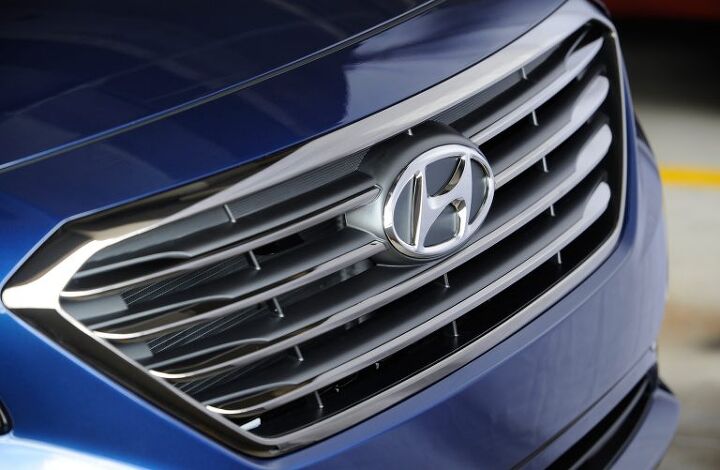


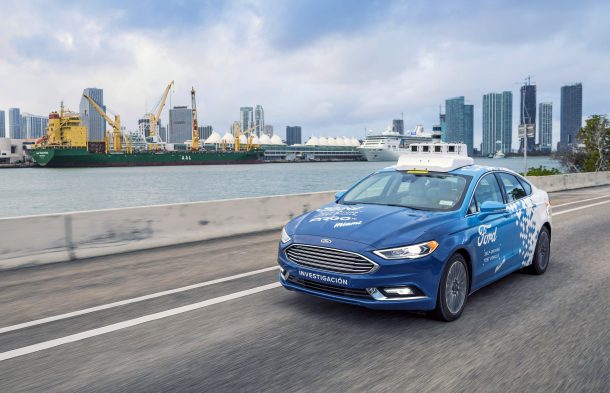



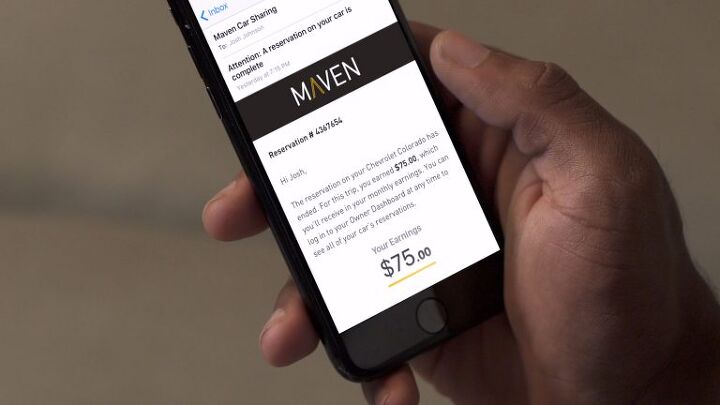

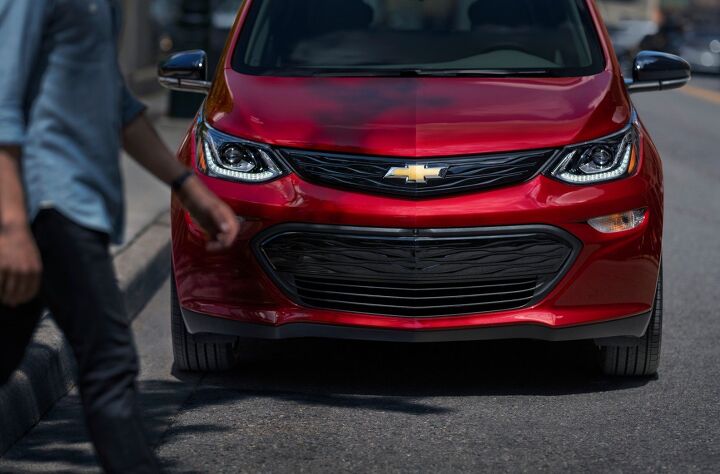
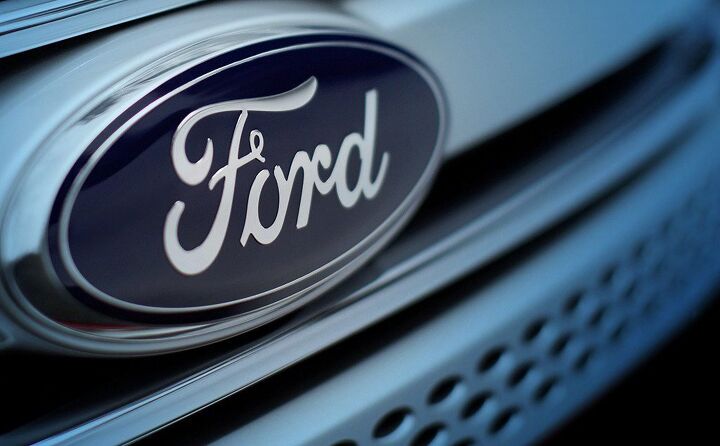
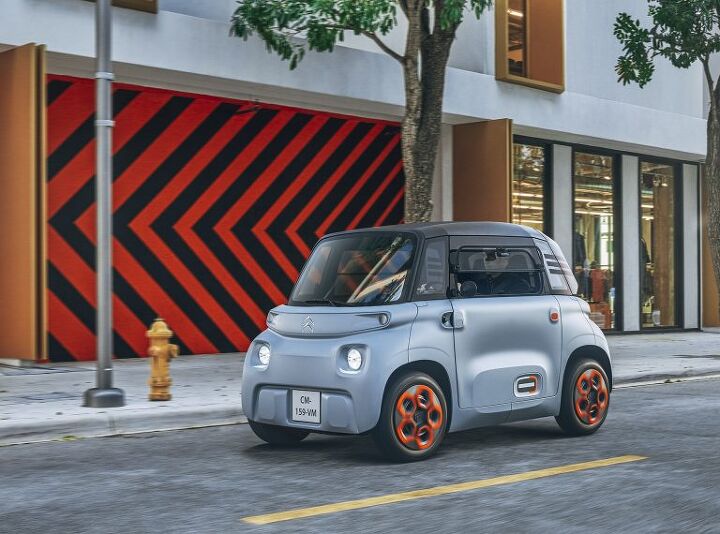













Recent Comments